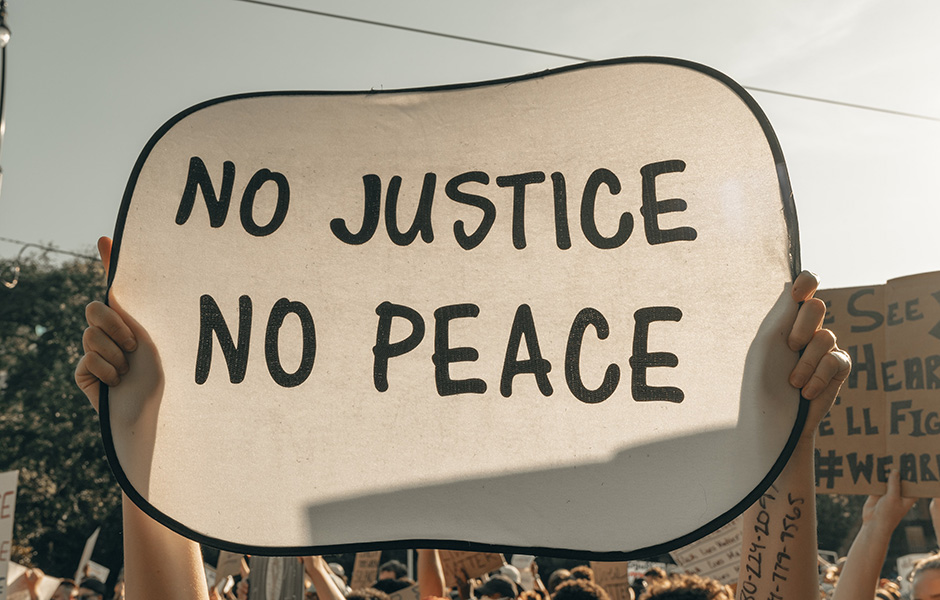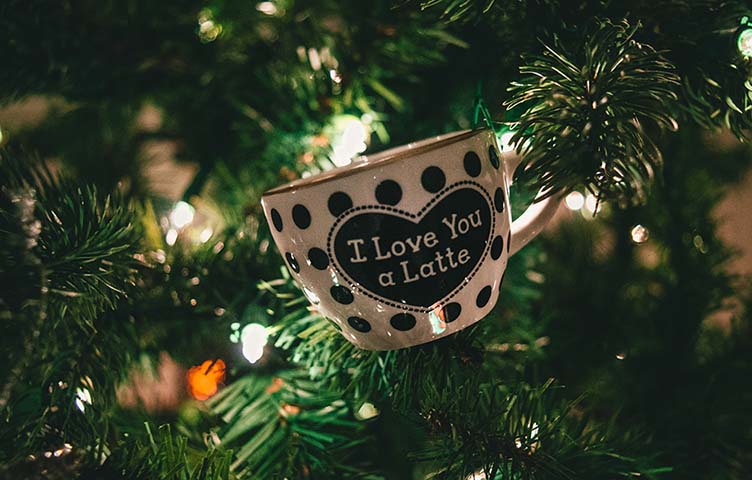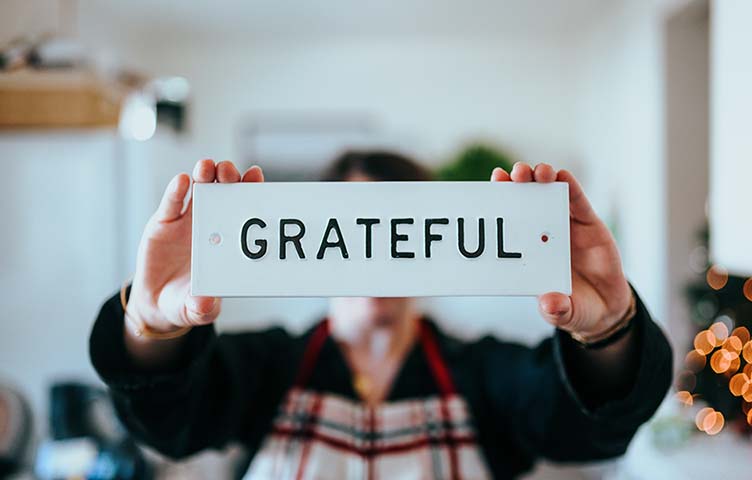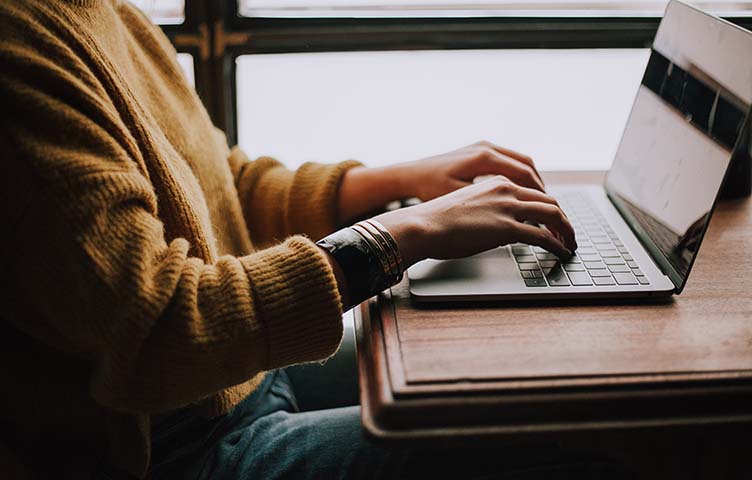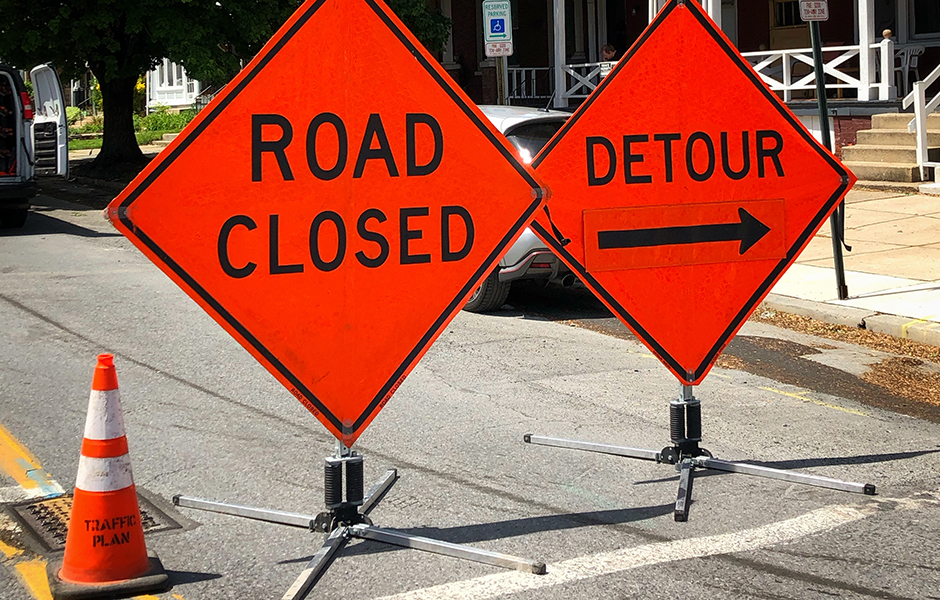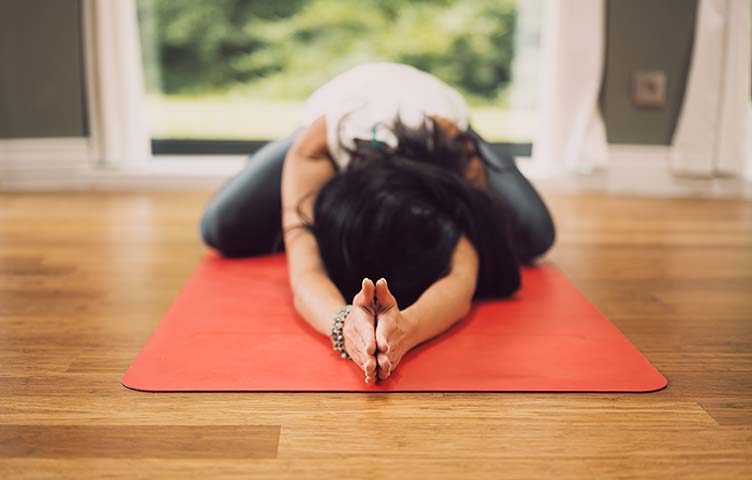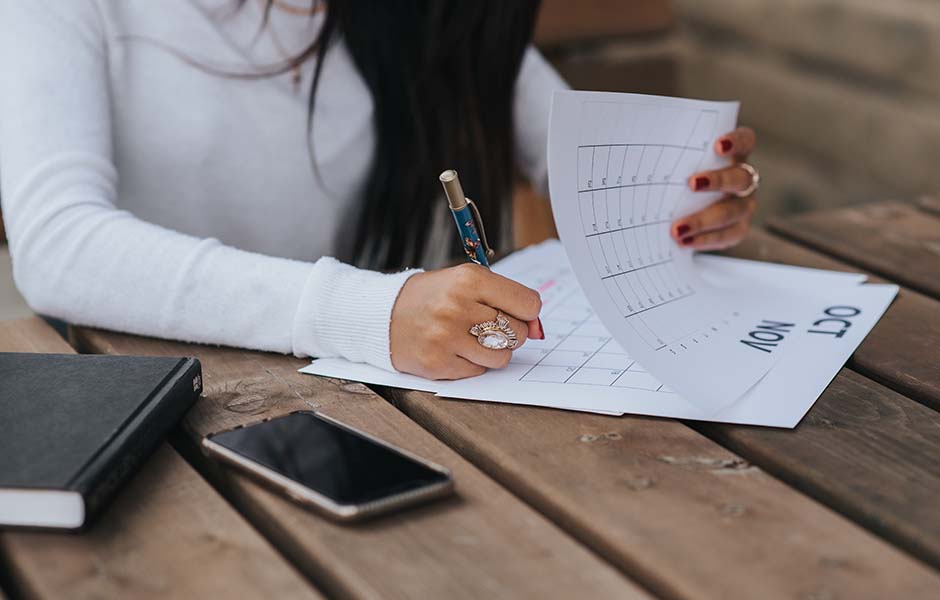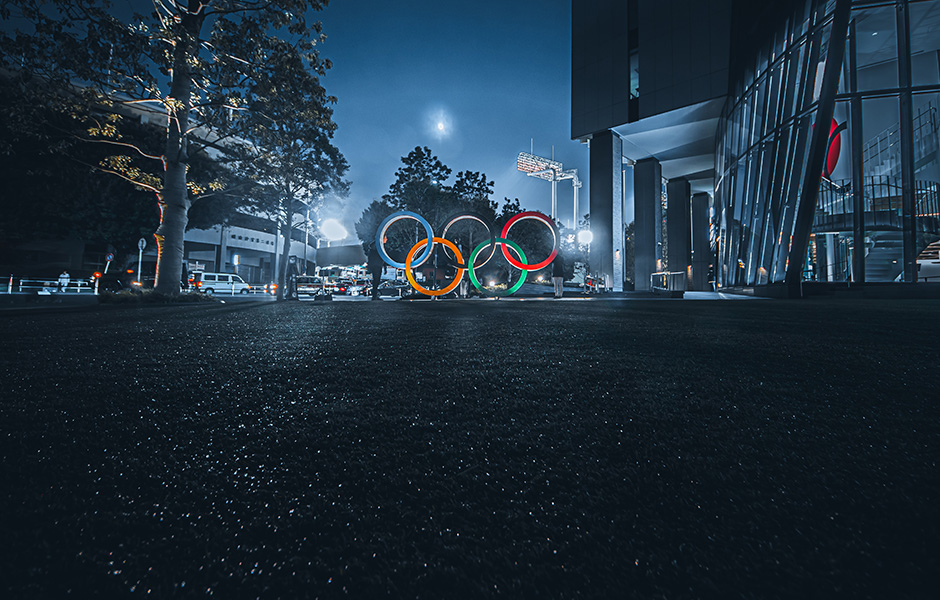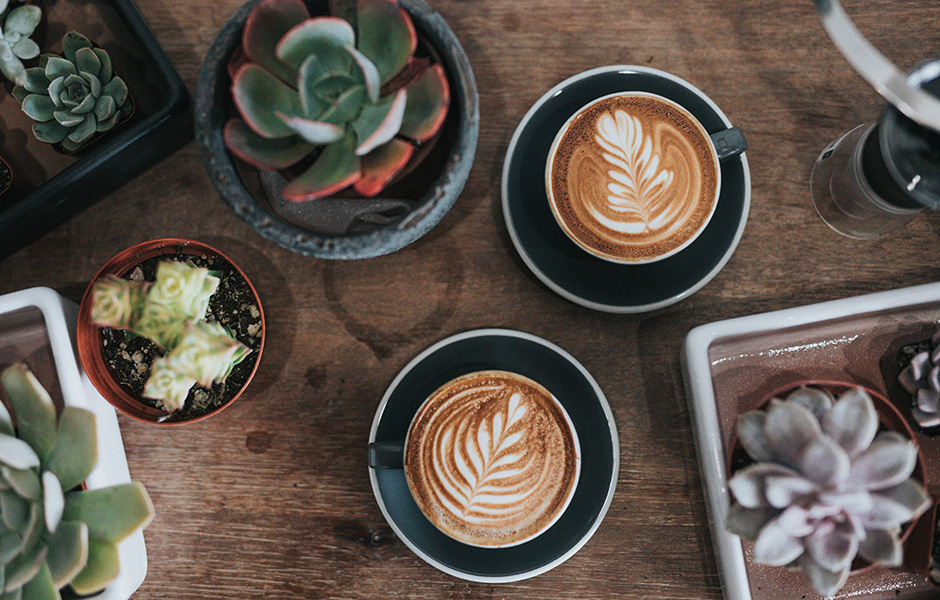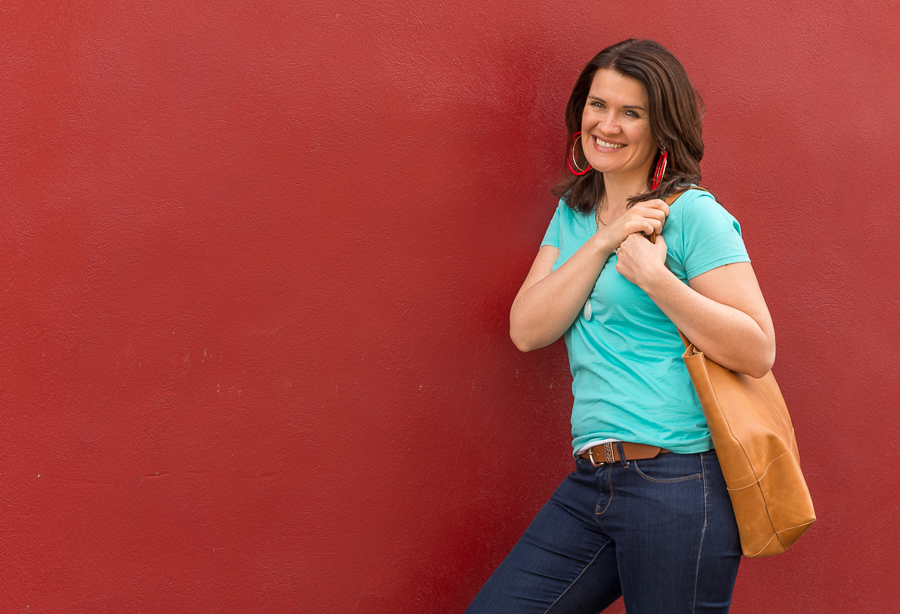More times than I can count, someone close to me has said the following:
“Melissa, you hate change.”
In some situations, it’s been said like an accusation that stung. In others, there was a tone of compassion. And always, it was in response to me lamenting about a situation in my life I had no control over. A situation in my life that meant:
Change was happening whether I liked it or not.
Over the past month or so, there have been anti-racism marches in countless cities and towns across the US. And though they mostly consisted of peaceful protesters, it’s been unsettling to watch. It’s been painful and emotionally difficult both to see so clearly the injustice going on in our country—as well as division over how to respond. Some are upset by the protests. While others are upset by the atrocities that fueled them. Combine this with the pandemic and our messed up political system, and it can truly feel like our world is ending.
Only, this is how change begins.
Though all my life I’ve wanted it to come differently, it never does. Change never shows up on our doorstep with a polite ring of our doorbell. It doesn’t text to say when it will arrive. It rarely looks like the “bad guys” waving the white flag because suddenly they realized they were wrong. Change—especially good and important change—rarely comes without pain or discomfort.
Change—especially good and important change—rarely comes without pain or discomfort.
Babies aren’t born without labor. A broken bone isn’t reset without a moment of agony. Bad behavior isn’t changed without accountability, admission, apology, and in many case, help (therapeutic or otherwise). Relationships aren’t healed without honesty, humility, and forgiveness. Often, change looks and feels really bad before it is good.
Only, because it feels so terrible, our first response is to run.
Because change looks like disruption, we confuse it for destruction rather than seeing it as the path we have to take to get to a better place. Rather than seeing it as the birth pains of the very changes we want. Pain and discomfort are often an invitation to take a path to the place where we’ve been longing to be all along—to become the people we’ve always wanted to be.
Because change looks like disruption, we confuse it for destruction rather than seeing it as the path we have to take to get to a better place.
One of the times I was told I hate change, it was from a friend I trusted. Some things were happening in my life that made it so I could no longer ignore a few of the unhealthy ways I was living. The tension mounted for a few months, until I told this same friend that I was crying all the time and I didn’t know how to stop. She suggested I go to counseling.
In counseling, I had to talk about my pain rather than push it down and ignore it. I had to look objectively at the situations in my life that had lead me there. It sucked. But after all the destructing, came the restructuring. The hopeful change in me and my life—that lead me to a much healthier place.
Our world is a mess.
Our country is in pain.
But hope is not lost.
If, in our communities, we can lean into the hard conversations that are happening around race and inequality in our country, we can bring about the change we’ve always wanted for our nation. We can see glimpses of the racial reconciliation we’ve always wanted to believe had already happened in our country but hasn’t.
Pain isn’t the enemy and neither is change.
Only, we have to choose the discomfort. We have to choose the path of pain that is inviting us toward change. We have to learn, pain isn’t the enemy and neither is change.
Where has pain caused you to run from change?
Where do you need to lean into discomfort today?
This coming month on the blog, we are talking about all kinds of change. Hope you join us, as we lean into the discomfort together.
Feeling a little adrift in this strange, new normal of being at home? Sign up for my email list and get your free copy of my Social Distancing Survival Guide: Everyday Routines. Sign up here.
Photo by Clay Banks on Unsplash

